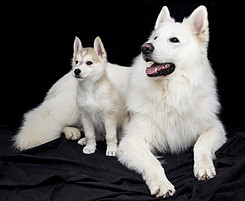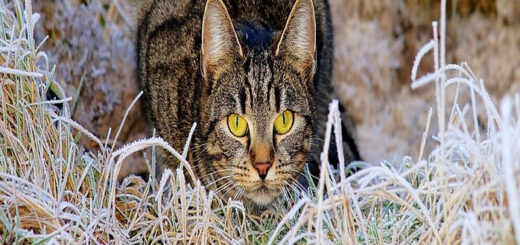Exploring The Culinary Preferences Of Black Bears: What Do Black Bears Eat?
Black bears (Ursus americanus) are fascinating creatures that inhabit various ecosystems across North America. Understanding their dietary habits is crucial for wildlife enthusiasts, researchers, and conservationists. In this article, we delve into the intricate world of black bear nutrition, exploring the diverse array of foods that make up their diet.
Omnivorous Appetite: The Versatility of Black Bears
Black bears are opportunistic omnivores, meaning they consume both plant and animal matter. This adaptability allows them to thrive in a variety of environments, from dense forests to open meadows.
Plant-Based Delights: Fruits, Berries, and Vegetation
A significant portion of a black bear’s diet consists of plant-based foods. They eagerly consume fruits, berries, nuts, and various vegetation. Common choices include blueberries, blackberries, acorns, and grasses.
Protein on the Menu: Animal Matter in a Bear’s Diet
Contrary to the belief that black bears are purely herbivorous, they also incorporate animal matter into their diet. This includes insects, small mammals, and occasionally scavenged carcasses. Insects like ants and termites are particularly attractive due to their high protein content.
Seasonal Variations: Adapting to Nature’s Bounty
Black bears exhibit seasonal variations in their diet. During spring and summer, when vegetation is abundant, they focus more on plant-based foods. In contrast, fall sees a shift towards a higher intake of nuts and berries to prepare for hibernation. Winter, marked by a scarcity of resources, may lead to increased reliance on stored fat.
Human-Bear Interactions: Risks and Solutions
As human populations expand, conflicts between bears and humans over food sources become more prevalent. Understanding the factors that attract bears to human-related food, such as garbage or improperly stored food, is crucial for mitigating these conflicts.
Conclusion:
In conclusion, black bears are highly adaptable creatures with a diverse palate. Their omnivorous nature allows them to navigate and thrive in various ecosystems, making them a key species in North American wildlife. The delicate balance between their plant-based and animal-based diet showcases their ability to capitalize on seasonal variations and environmental changes.
FAQ Section:
Q1: Are black bears dangerous to humans?
A1: While black bears are generally not aggressive towards humans, they can become dangerous if they feel threatened or if there’s a scarcity of food. It’s important to follow proper safety protocols when encountering black bears in the wild.
Q2: Can black bears eat human food?
A2: Yes, black bears are attracted to human food, which can lead to conflicts. Proper food storage and disposal practices are essential in bear-inhabited areas to prevent these interactions.
Q3: Do black bears hibernate?
A3: Yes, black bears hibernate during the winter months. Their diet shifts before hibernation to accumulate fat reserves, and they enter a state of reduced metabolic activity during this period.
Q4: How can I safely observe black bears in the wild?
A4: If you encounter a black bear in the wild, it’s crucial to remain calm, avoid direct eye contact, and back away slowly. Carry bear spray and make noise to alert bears to your presence in bear country.
Thanks for reading! If you liked this article please leave us a comment and check out some of our others! Have a specific query you want answered? Shoot us an e-mail at contact@commoncuriosities.com
Looking for some further reading? Check out the articles below!





